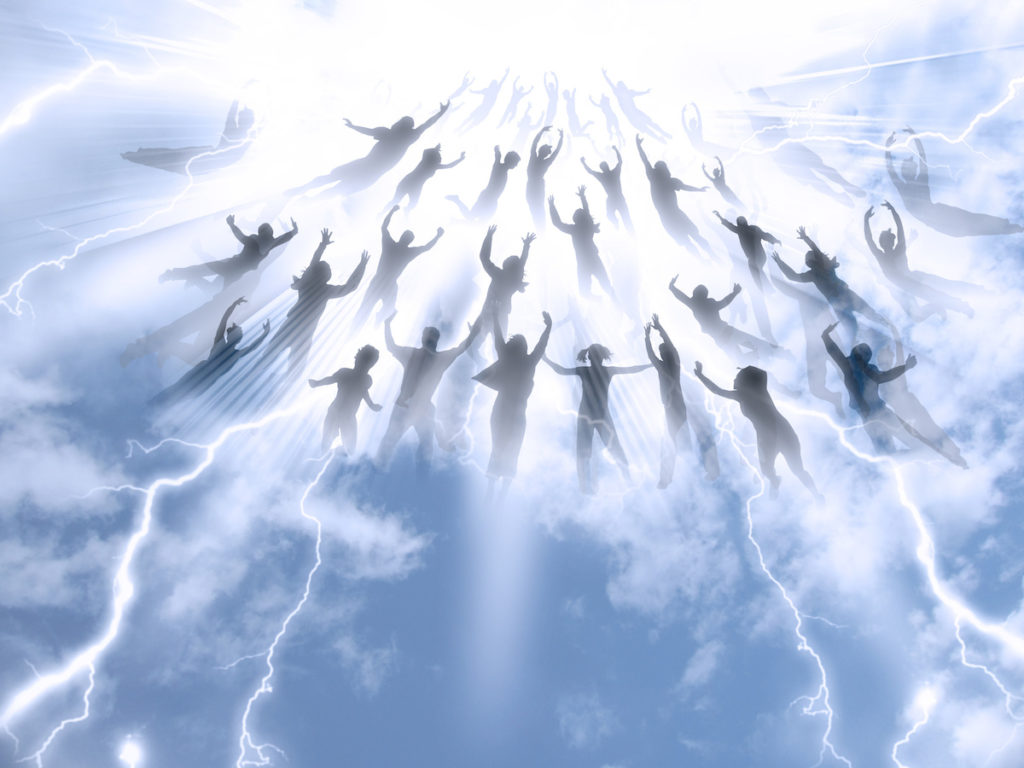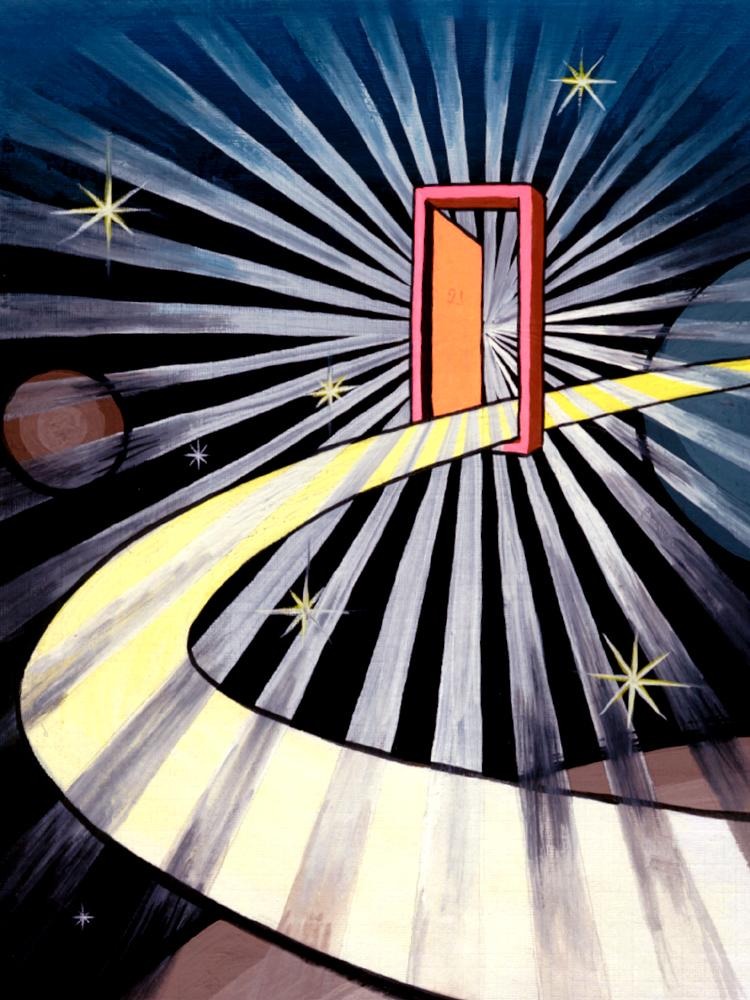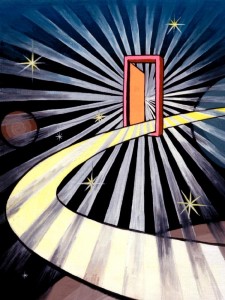
Hebrews 11:35, A better resurrection. This verse indicates that there is more than one resurrection of the righteous dead, and that there is at least one resurrection that is better than another one.
Likely, the first resurrection will be the best resurrection, since the righteous dead saints and the righteous living saints will be resurrected at that time to meet Yeshua in the air at his second coming. The resurrection/s that will occur subsequent to that (whether they occur during the millennium or at the white throne judgment) will likely be inferior to the first resurrection. Why is this?
Those saints who will be part of the first resurrection are those who endured and overcame the world, the flesh and the devil and remained faithful to Yeshua against such opposition. They are the strongest and most righteous saints, since their mettle, loyalty, faith and endurance was tested under the most trying circumstances, and they still remained faithful to Yeshua. They will likely be those who will be greatest in the kingdom of heaven (Matt 5:19).
Those saints who will be resurrected subsequent to that will have had to go through great refining trials because they are spiritually subpar. This will perhaps be because they weren’t faithful in living up to the spiritual light they were given, or perhaps because not as much was given to them in the first place, so not as much was required of them (note the Parable of the Talents in Matt 25:14–30; Luke 12:48).
Those who come to faith in the millennium will likely have a lower reward, since their overcoming faith didn’t need to be as strong. This is because they lived during ideal times when evil was suppressed because Yeshua was ruling the world and Satan was imprisoned in the bottomless pit, thus making it easier to live a righteous life without the struggles and downward pulls of Satan and his demonically controlled world.
All this goes to show that there are levels of rewards in the kingdom of heaven (e.g. Matt 5:19; Matt 25:20–23, 29; Rev 2:23; 2:7, 11, 17, 26; 3:5, 12, 21; 20:12), even as there are levels of punishment (e.g. Luke 12:47–48).
Those who are currently lukewarm believers and who turn their lives around now and who open the door of their life to Yeshua (Rev 3:20) becoming red hot for him prior to his first coming (and first resurrection; Rev 3:15), will have a chance to receive the highest reward in Yeshua’s kingdom, that is, to sit with Yeshua on his throne (Rev 3:21). This shows the mercy and grace of YHVH in that he can take even lukewarm saints who desire to turn their lives around and to repent and reward them with the highest position in his kingdom.
Lest we get smug in our spiritual complacency, let’s not forget what Peter said, “the righteous are scarcely save” (1 Pet 4:18). Every saint living is lukewarm to one degree or another by YHVH’s highest, righteous spiritual standards. Those who don’t think they are lukewarm are blinded by their own pride and self-righteousness, which is the greatest sin of all (Prov 6:16–17)! In fact, the Bible teaches that our best righteousness is as filthy rags (Isa 64:6). Yet, at the same time, there is hope for us all to come to the higher spiritual level! This, however, won’t occur without our having to go through the refining fires of trials (Rev 3:18) or, for some, even great tribulation (Rev 7:14) at the end of the age prior to Yeshua’s second coming.



